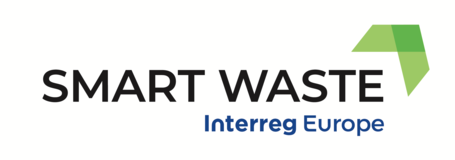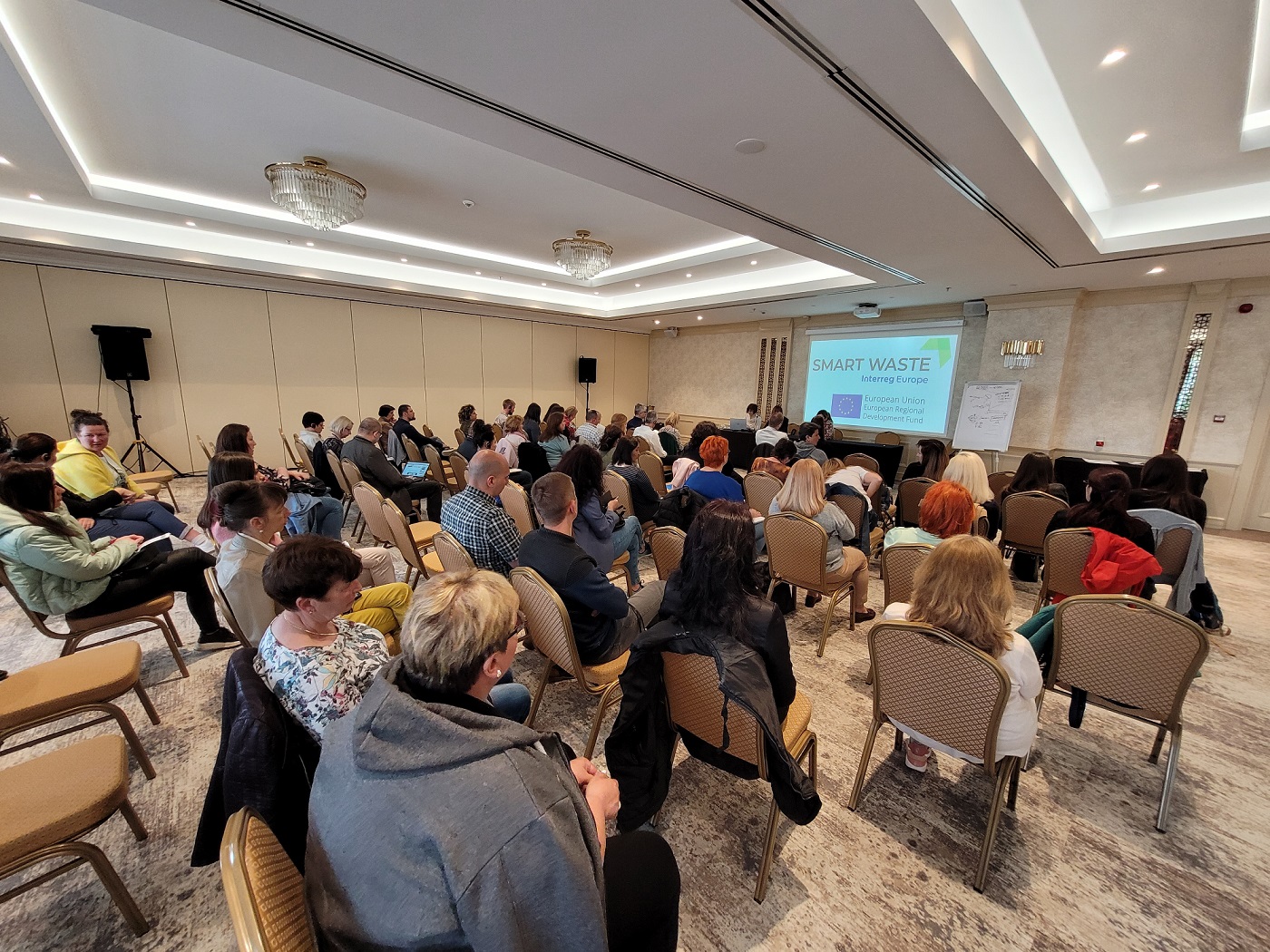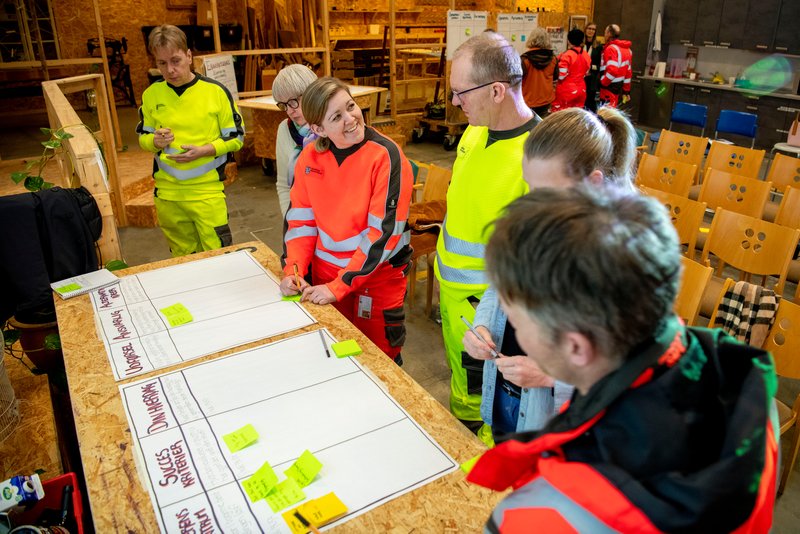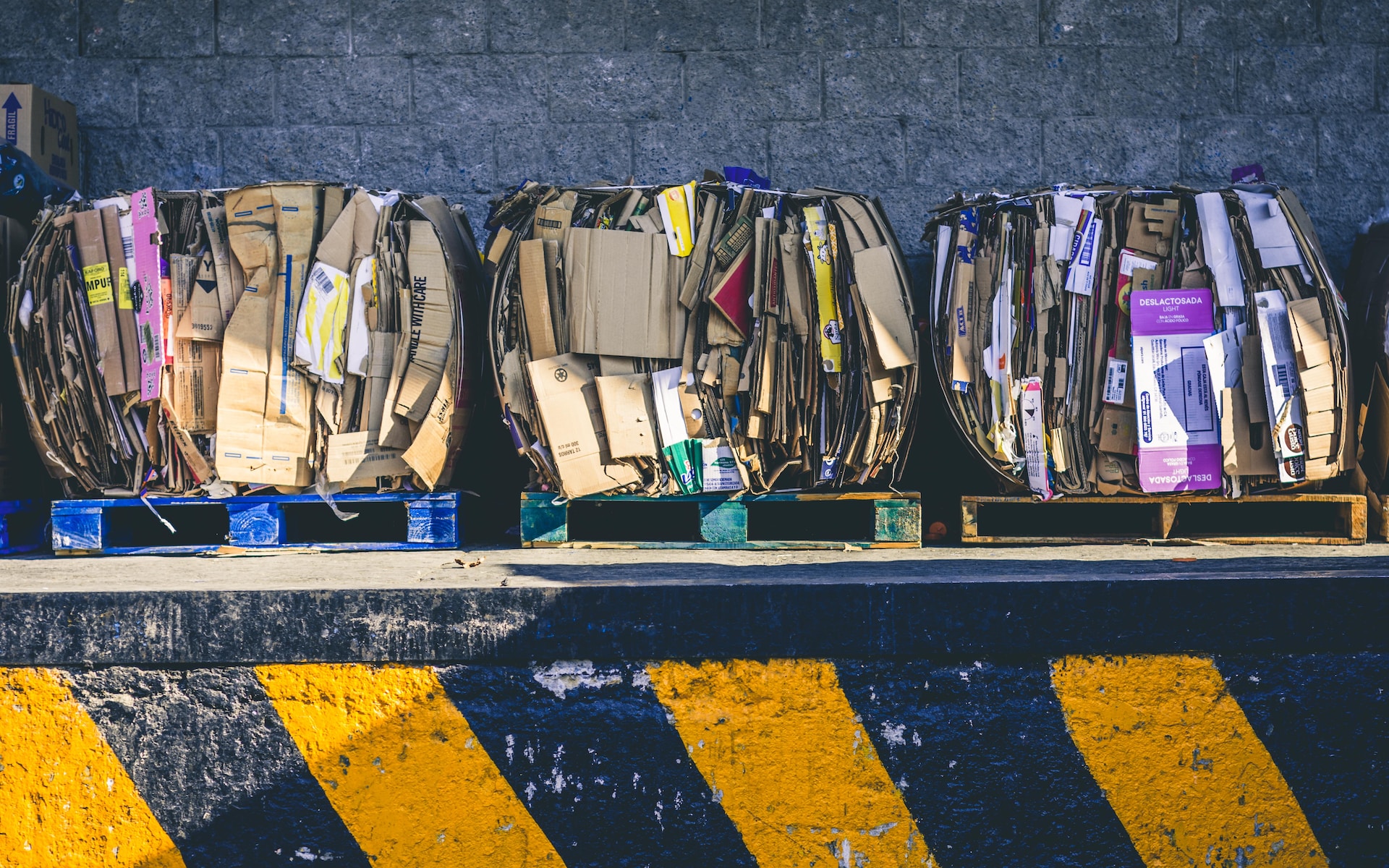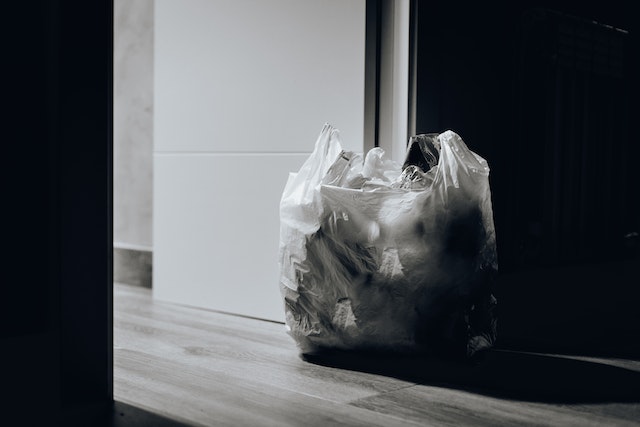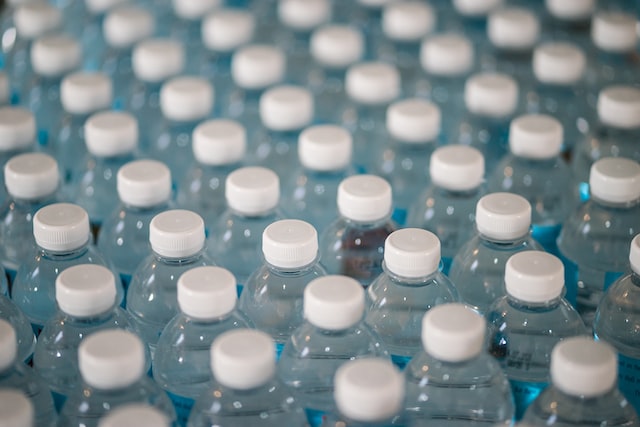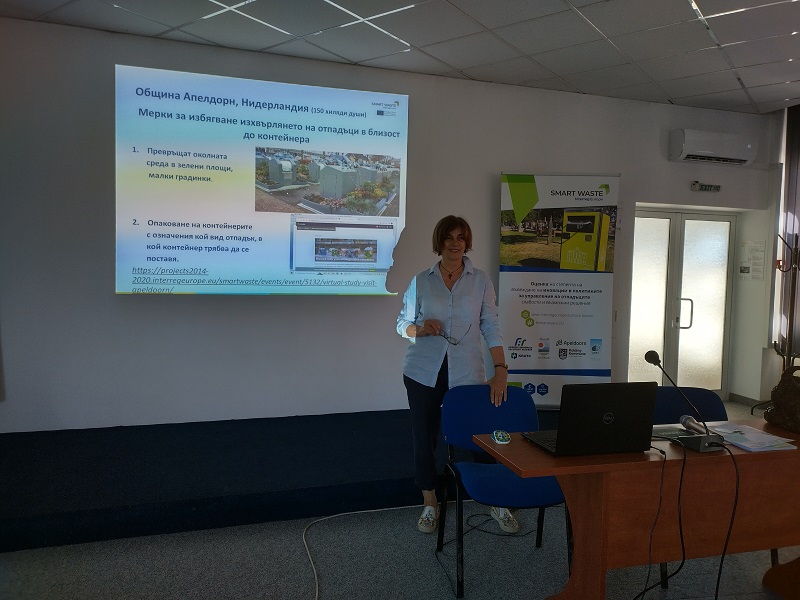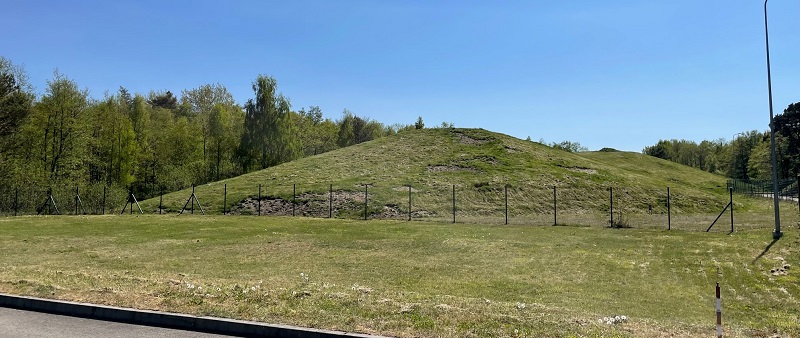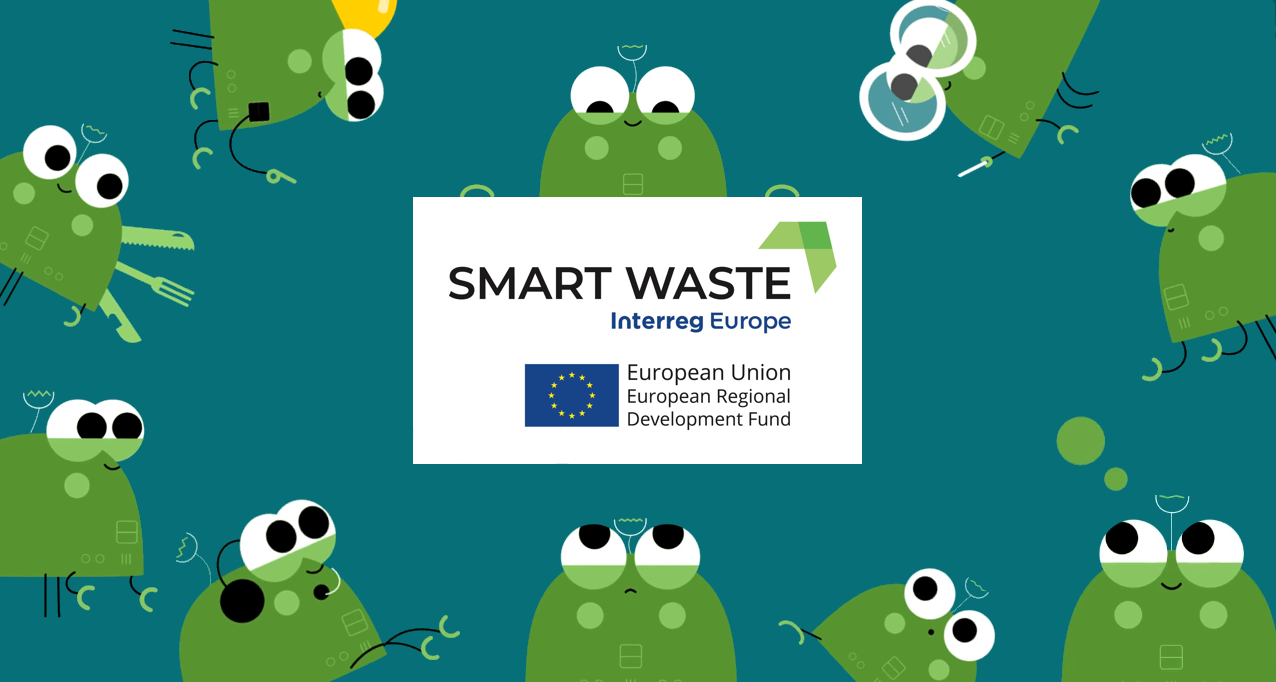Last week, on 25 September, the SMART WASTE partners met – virtually once again – to discuss the current status of the project’s activities and plan the coming months. Without much surprise, one key topic was how to maintain a high level of exchange of experience in a situation where physical encounters are hampered. Luckily, “smart” is not only part of the project’s name but also a good description of the way partners are dealing with this year’s challenges.
While reviewing the past six months, the project partners highlighted the successful and interesting interaction with other projects such as the Interreg Europe WINPOL project and the LIFE-REthinkWASTE project. There is a need and thirst for innovation in the field of waste management and a strong community eager to cooperate. Another success of the project is the interest for the website as it recorded nearly 2,300 visits - that is nearly 3 times more than the objective set!
Despite the bumpy road in the mirrors, partners stay optimistic and are currently preparing an adaptation plan to continue fostering the exchange of experience. If some events and activities might be postponed, the aim is to move online others. These should benefit a wider promotion of the project and give further access to its result as some activities, initially targeting the local level, could be attended by a wider audience.
Regarding the exchange of experiences, each partner summarised its local activities - done or foreseen. The evaluation of the support to innovation in waste management given by public policies in each partner's territory is at an advanced stage, in particular thanks to the involvement of local stakeholders. Consequently, all partners agreed that it would be relevant to organise a webinar aiming to brainstorm in a cooperative way on how to identify the right improvements in public policies to be integrated into the project's Action Plans, which will begin in the coming months.
In the meantime, good practices keep being identified and added to the project’s database. Five of them are currently available:
- Incorporating a Circular Economy strategy into a political instrument (Waste Management Plan)
- Waste Management Communication Task Force
- 24-hour service for handing in hazardous waste
- Support to innovation in recycling of waste from the regional manufacturing sectors
- Support for improvement of waste management system in Zlatograd
2 additional good practices already identified will soon be added to this list.
